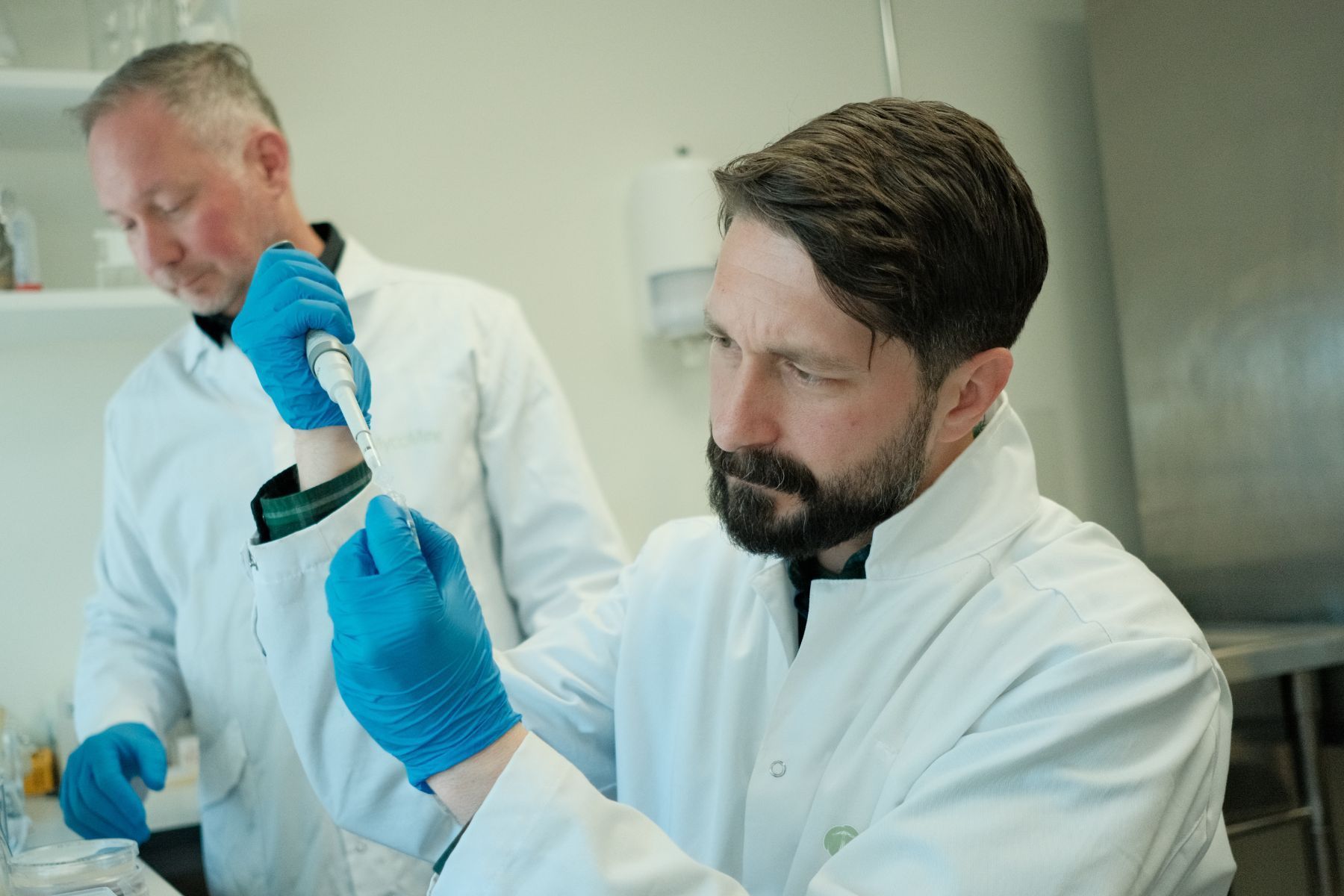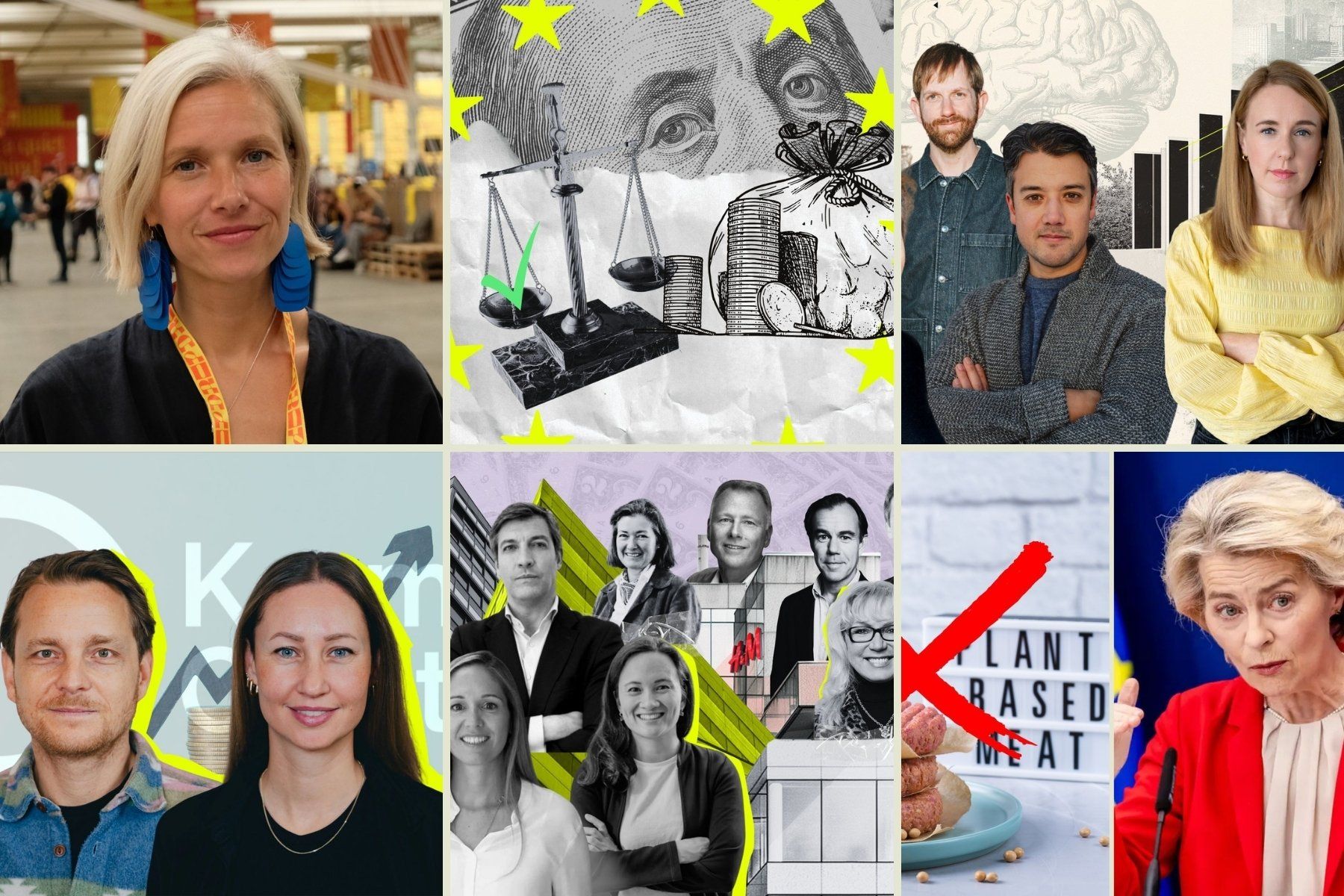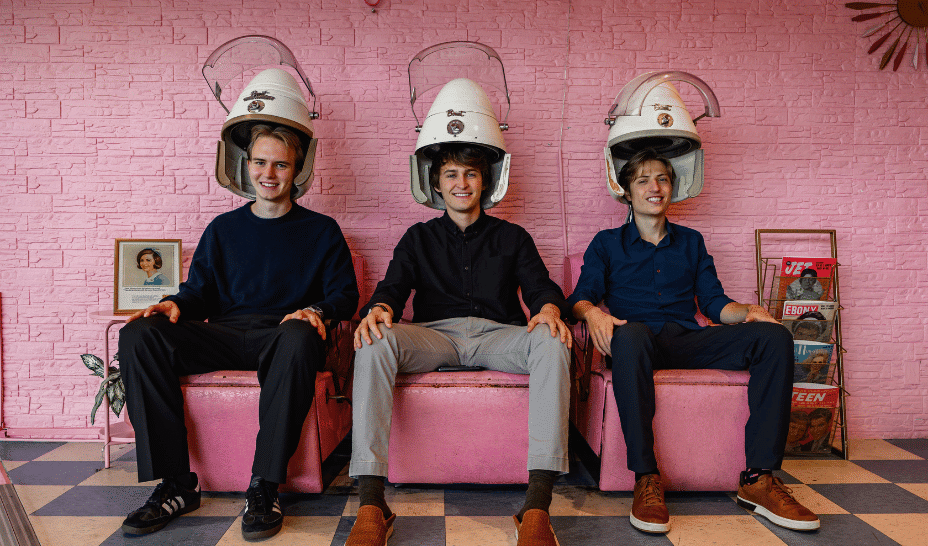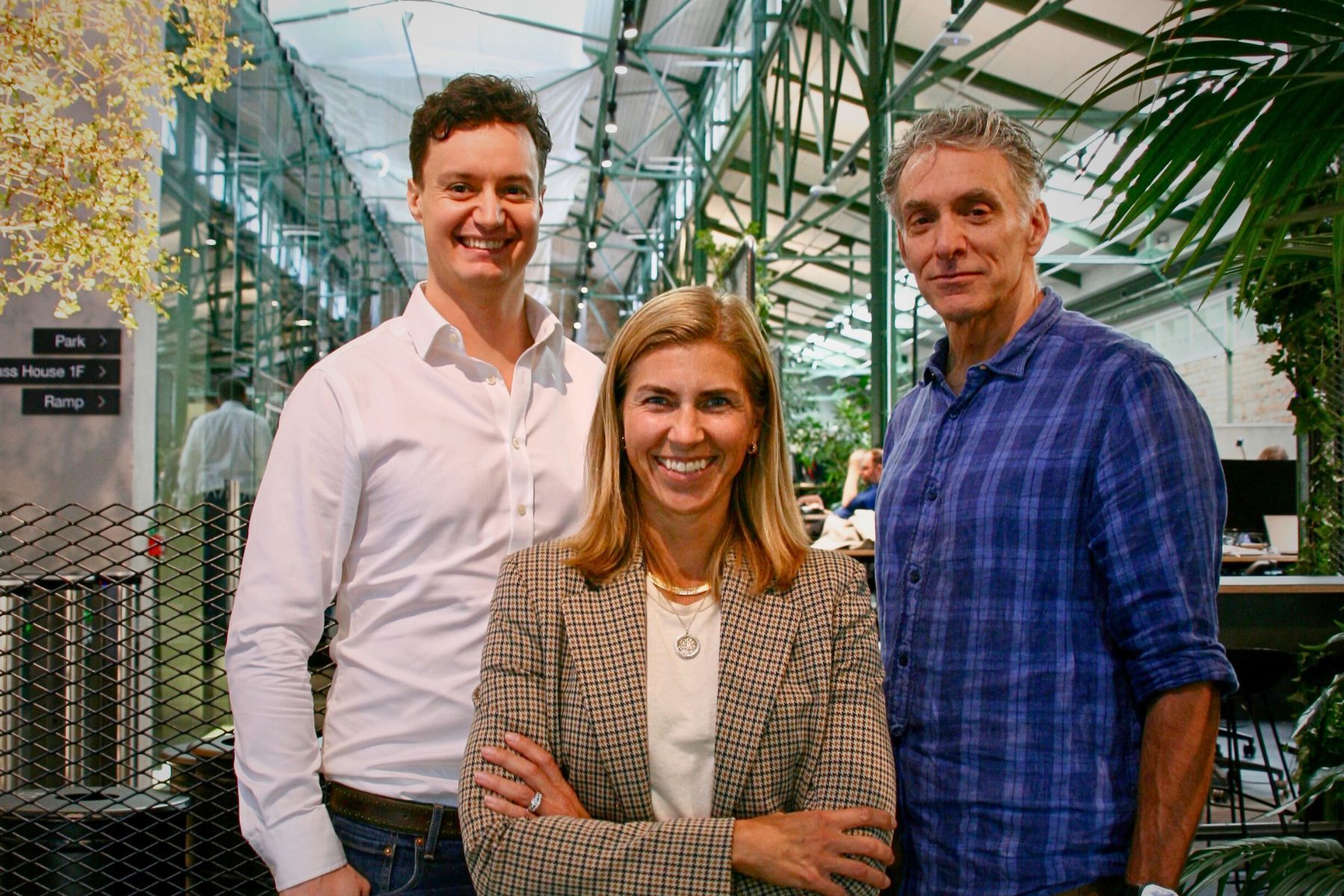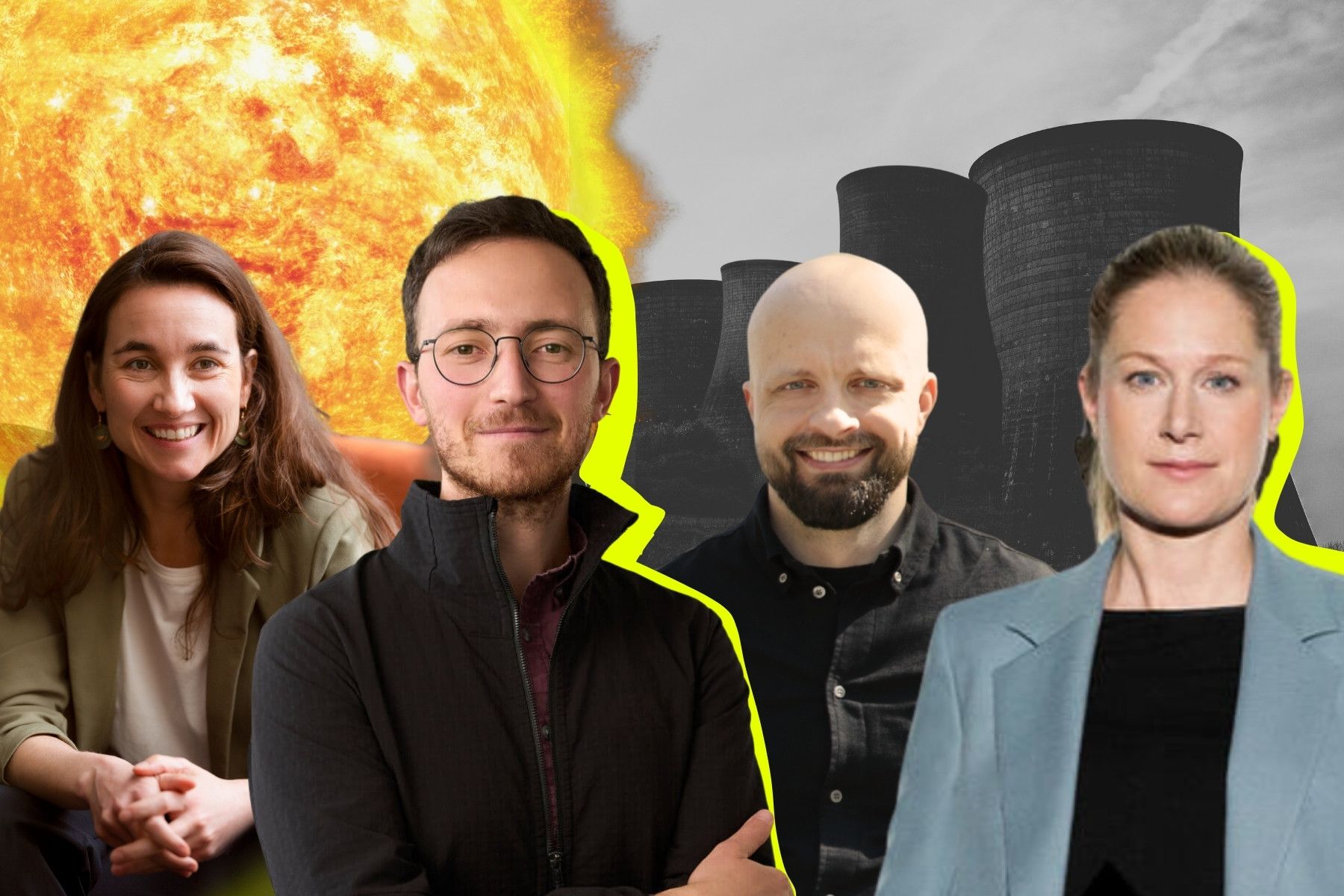Klarna's earliest backer is calling it quits – with one final impact bet: 'Enough is enough'
Renowned Swedish impact investor Jane Walerud is hanging up her boots. <br><br>The woman who co-founded carbon capture startup Paebbl and wrote one of Klarna's first cheques is making her final investment – and at Impact Loop's meetup in Stockholm yesterday she revealed more details. <br><br>She also gave some advice for impact founders looking for cash.


"That investment is now made, or rather, agreed upon," she told Impact Loop on a meetup we held together with law firm Cirio on Wednesday morning.
Walerud, 63, won't reveal the company name or ticket size yet, but confirms it's another nature tech play. "They work for a living planet, that much I can say."
End of an era
Walerud co-runs Walerud Ventures with her husband. Together, they've been a driving force in Nordic deeptech and impact innovation for decades. But not anymore, she said, "enough is enough".
"It has been a very difficult and long decision process, but he is 70 and I am 63 – we have grandchildren and life is finite," she said.
Her portfolio reads like a who's who of Swedish sustainability innovation: Graphmatech, Airforestry, Swedish Algae Factory.
Through Paebbl – which turns captured CO2 into building materials – she helped define a new generation of carbon utilisation startups. Founded in 2022, Paebbl has raised over €26m from backers including building materials giant Holcim and Amazon's Climate Pledge Fund.
The climate chill
In her subsequent on-stage conversation with Impact Loop editor-in-chief Camilla Bergman and Einar Bodström, CEO and co-founder of climate platform Climateview, Walerud painted a challenging picture for impact companies seeking capital.
As more investors pivot toward AI and defence tech, there's less left over for impact.
"US politics has also made some companies reluctant to define themselves as impact businesses," she said, suggesting it can be valuable to "rebrand" how you communicate about your impact startup to attract more investors, particularly international ones.
"With Paebbl, for example, we say we're making a 'future-proof material'. If you start talking about carbon dioxide, there's a group that quickly stops listening."
Her parting shot
Another piece of Walerud's advice to impact companies is: the product must be genuinely good for the environment, perform at least as well (ideally cheaper) than existing alternatives, and have a clear path to profitability.
"The profitability requirements today are much higher than a few years ago. What's good about Paebbl is that we can make our first commercial facility profitable because our cement will be cheaper than regular cement," she said.
One more thing: don't ask investors who rejected you for warm intros. According to Walerud, this creates the impression of a second-hand tip. After all, if the pitch was so strong, why did the first investor say no?
Get full access to Europe's new platform for impact news
- Quality journalism, interviews, investor profiles and deep-dives
- Daily newsletter with top stories, latest funding rounds and roundup to keep you in the loop
Keep reading – get in the loop!
- Håll dig i loopen med vårt dagliga nyhetsbrev (gratis!)
- Full tillgång till daglig kvalitetsjournalistik med allt du behöver veta inom impact
- Affärsnätverk för entreprenörer och investerare med månatliga meetups
Fortsätt läsa – kom in i loopen!
- Håll dig i loopen med vårt dagliga nyhetsbrev (gratis)!
- Full tillgång till daglig kvalitetsjournalistik med allt du behöver veta inom impact
- Affärsnätverk för entreprenörer och investerare med månatliga meetups





